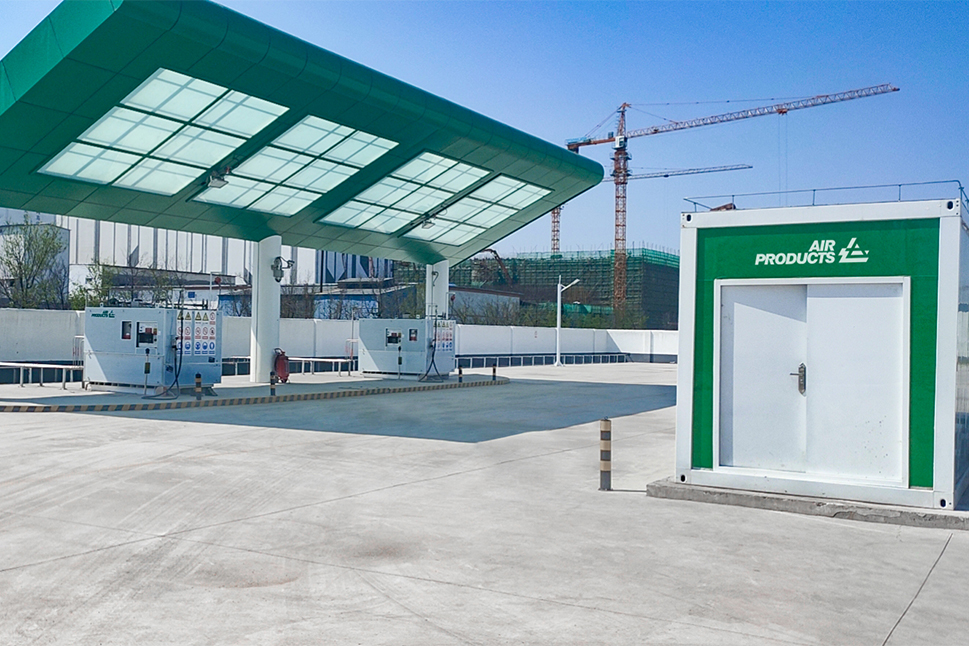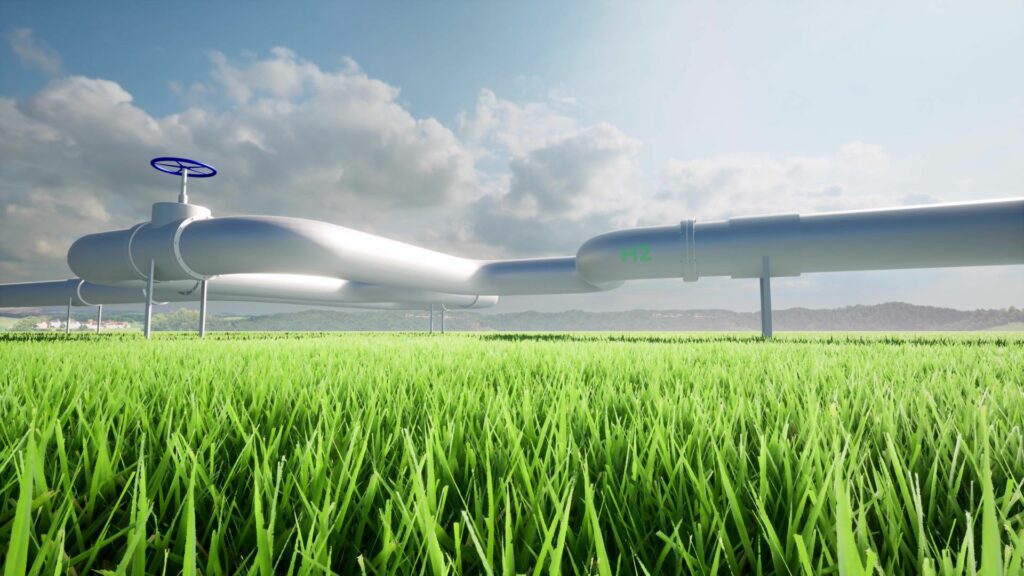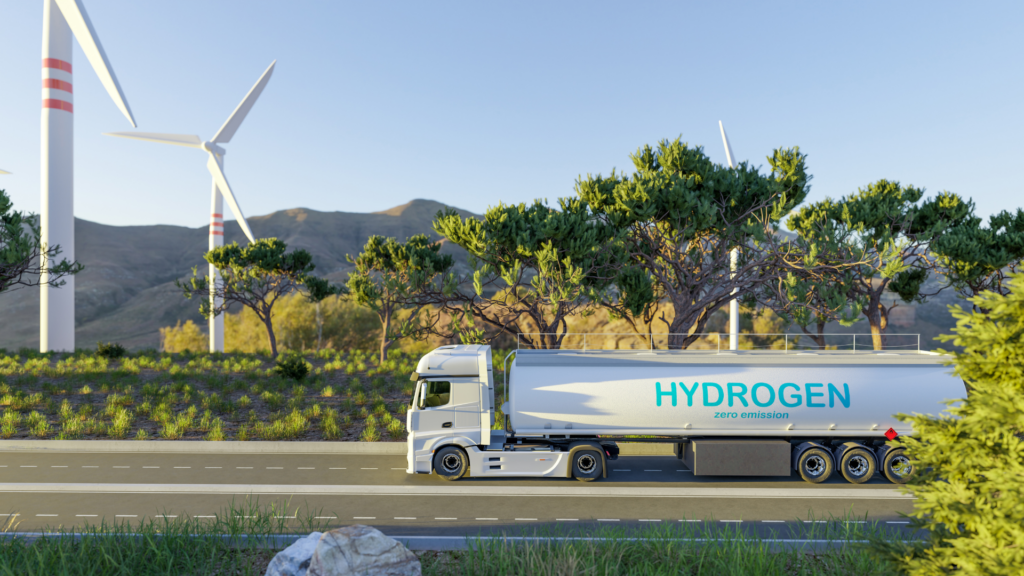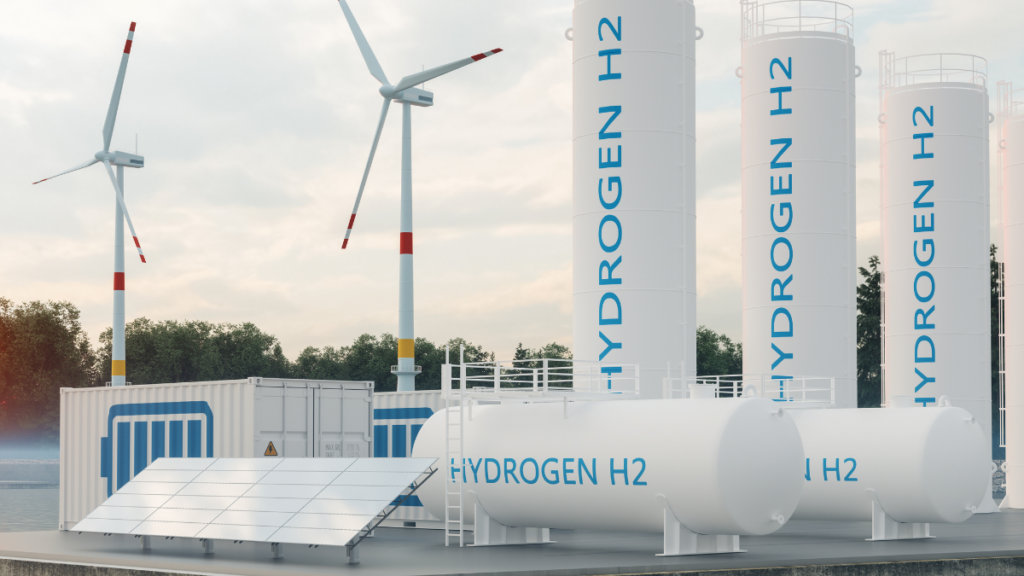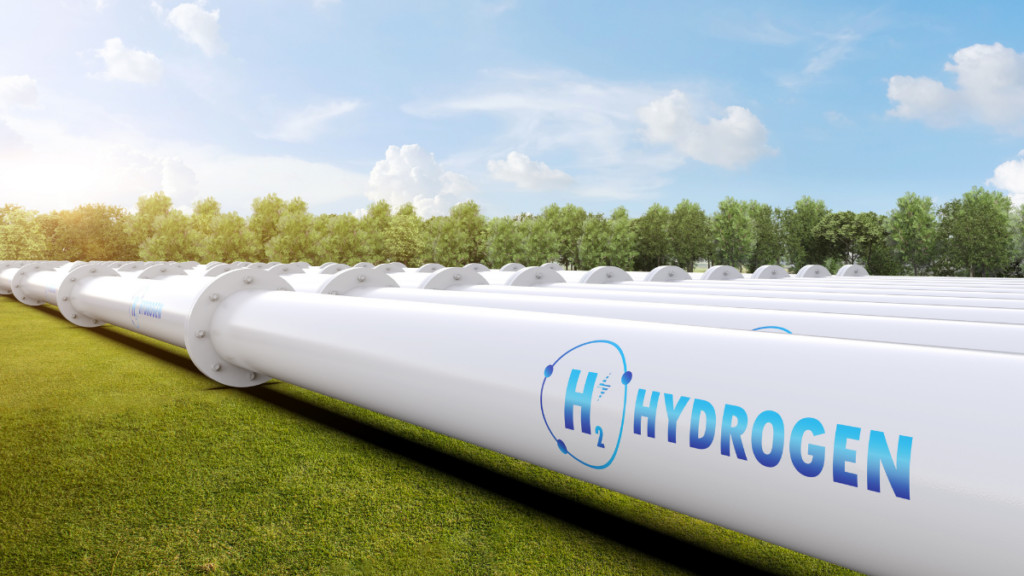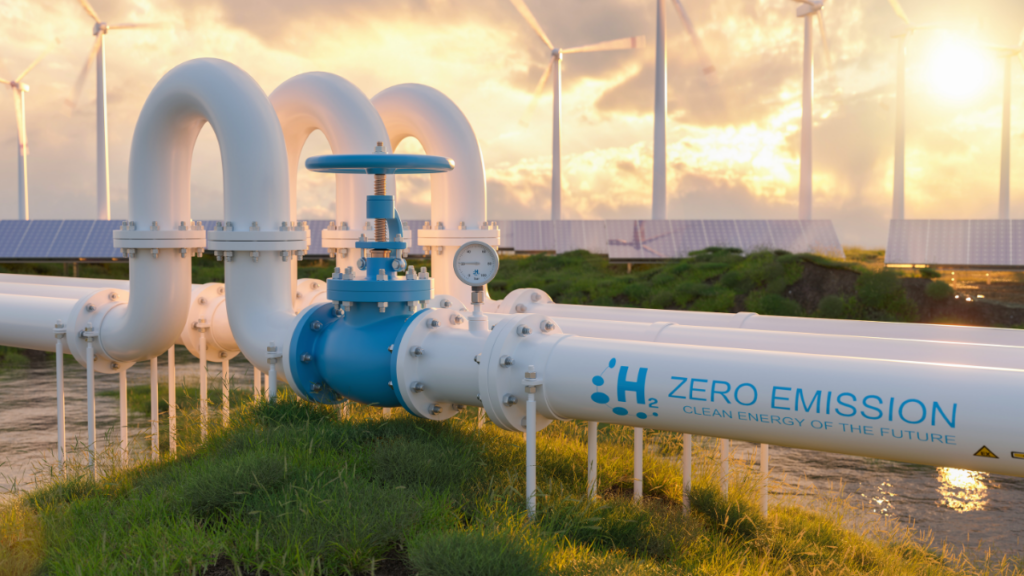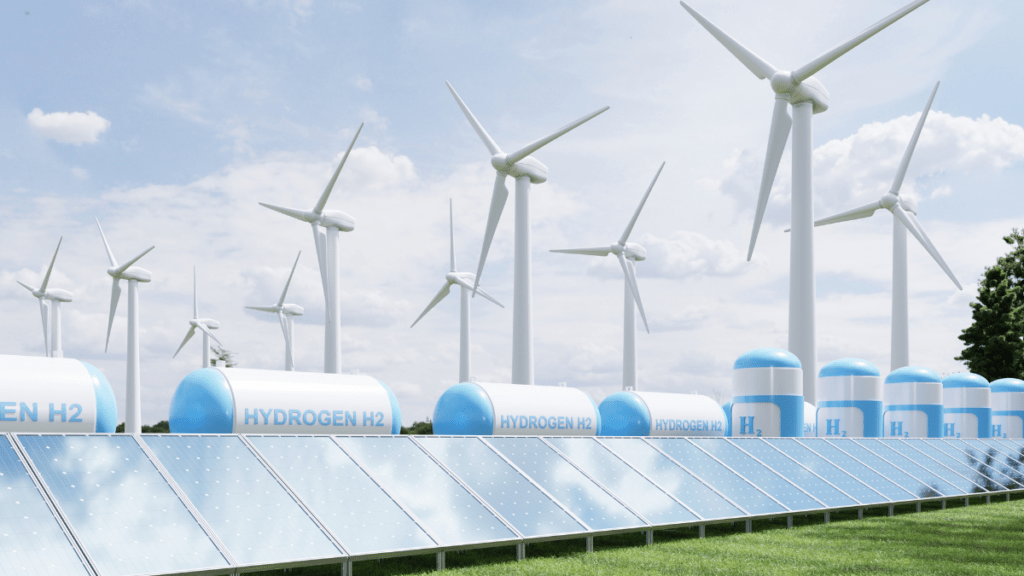Germany’s New Hydrogen Refueling Stations for Heavy-Duty Transport
Hydrogen Refueling Stations: Pioneering the Future of Heavy-Duty Transport
Germany is at the forefront of a sustainable revolution in heavy-duty transportation, with Air Products constructing two large-scale hydrogen refueling stations. These facilities are set to bolster the infrastructure needed for hydrogen-powered trucks, reducing carbon emissions and paving the way for a cleaner future.
Expanding Hydrogen Refueling Networks for Efficiency and Reliability
The expansion of hydrogen refueling stations is crucial for the widespread adoption of zero-emission vehicles. By enhancing the network of stations, Air Products aims to provide reliable and efficient refueling options, as detailed in their recent announcement. This initiative not only supports the environment but also offers a practical solution for long-haul transporters.





